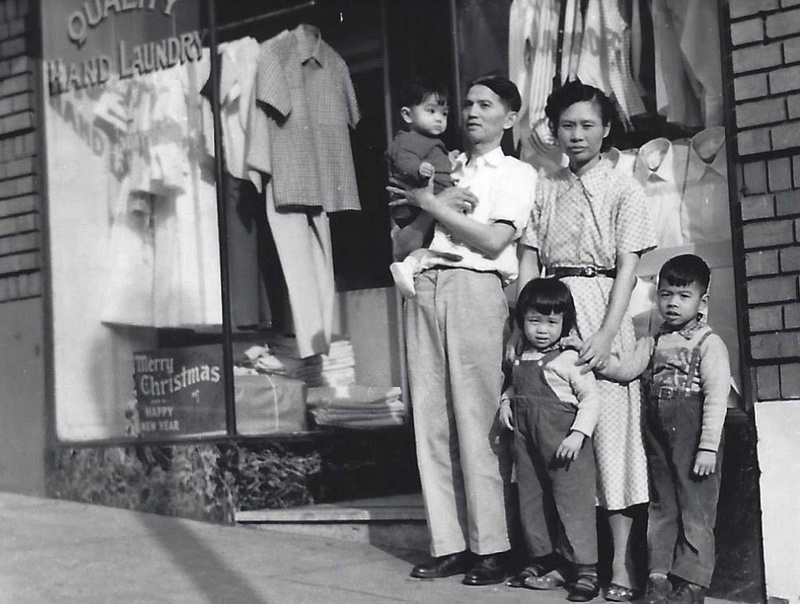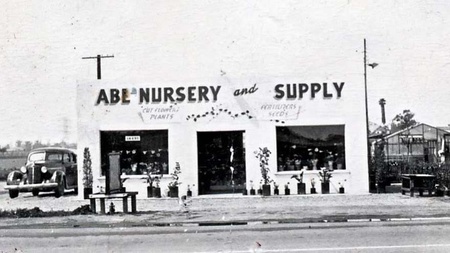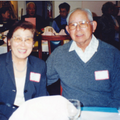Early Asian immigrants who came to the U.S. to earn a living and live the American Dream had limited economic opportunities. Certain occupations or businesses were the only path open to immigrants. In the case of my Chinese parents, they owned a laundry.
In the pecking order of Chinese economic success in the ’50s, owning a laundry was the lowest followed by owning a corner grocery store and, finally, if you reached the top, owning a restaurant. Also, a common job was doing piece work in sewing sweatshops in Chinatown, as my aunties did.
As the first-born generation, my siblings and I were utilized as child labor. At the laundry, I started ironing shirts at the age of 8 and waited on customers, wrapped packages and sorted both clean and dirty laundry. It was training me to be responsible and not fear hard work.
I also had friends whose parents owned grocery stores and restaurants. They were the checkers, waiters and sous chefs for the family business.
For the Japanese it was farming, flower growing, gardening and owning small grocery stores and shops. Some worked in canneries in Monterey or Terminal Island in San Pedro.
For more recent generations of Asian immigrants, it has been 7-11 or liquor stores, doughnut shops, and nail salons.
The long working hours and menial labor would provide a gateway for their offspring to the American Dream.
As examples, the parents of March Fong Eu, the former California secretary of state, owned a laundry. Former Washington Gov. Gary Locke, who later served in President Obama’s secretary of commerce, was bought up by parents who owned a grocery store. Locke would later serve as the first Chinese American ambassador to China.
I was envious of my friends whose families owned grocery stories. I used to tell them they were lucky to get free soda and ice cream whenever they wanted.
My friends told me it was not worth it because a grocery store was a 365-day-a-year business and their parents never took them on vacation and seldom came to their school activities.
What started as child labor for some later became generational businesses. For example, my in-laws’ Abe Nursery in Carpinteria is a fourth-generation business.
My father-in-law, Lew Abe, was the second-generation owner. After the war, he left UC Berkeley as a mining engineering major after he was refused employment in the oil industry because he was Japanese. He joined his father, who decided to open a nursery after the war to supply plants to those who took up gardening routes as a livelihood.
Keeping a generational business going is a challenge. In the case of my family, opportunities began to open up for us as children of immigrants. Many of us went to college and obtained professional degrees. We definitely left behind the laundries, grocery stores, or even restaurants.
In one case, one of my college friend’s family had a flower growing business in San Jose. He did not like to work in the greenhouses harvesting the flowers. He went to Berkeley and USC and became a pharmacist.
His parents sold the land for millions. The land became housing and they retired happily! The kids inherited a large trust fund when both parents passed, which made them happy!
However, there are exceptions to the rule. Armed with college degrees, some would come back and take over the family business while modernizing the business practices, i.e. inventory control, introducing new products, franchising, etc.
A fellow teacher from Alhambra High School bought a bagel shop in Carmel and he applied the skills he learned as a youth working in his parents’ doughnut shop!
There are challenges to working in a multi-generational family business. There are issues like who will make the big decisions. Working with family can lead to conflict and disagreements.
If you ever saw the movie Jiro Dreams of Sushi, you might remember how hard Jiro was on his son. He had to spend years just toasting the nori for the sushi and making the rice. The son had to wait until Jiro gave up the reins to the business before he could make his own path.
There are advantages to being part of a multi-generational business. For example, having an established brand means a successful and thriving business. Tanaka Farms comes to mind. Many travel to Orange County to take the popular tour of the farm. Or all the people who go to Fugetsu-Do for mochi on a daily basis.
In the final analysis, despite barriers that limited economic opportunities to Chinese and Japanese immigrants, the pioneers of our families created economic opportunities for themselves and passed them on to their offspring.
*This article was originally published in The Rafu Shimpo on March 4, 2023.
© 2023 Bill Yee / Rafu Shimpo








